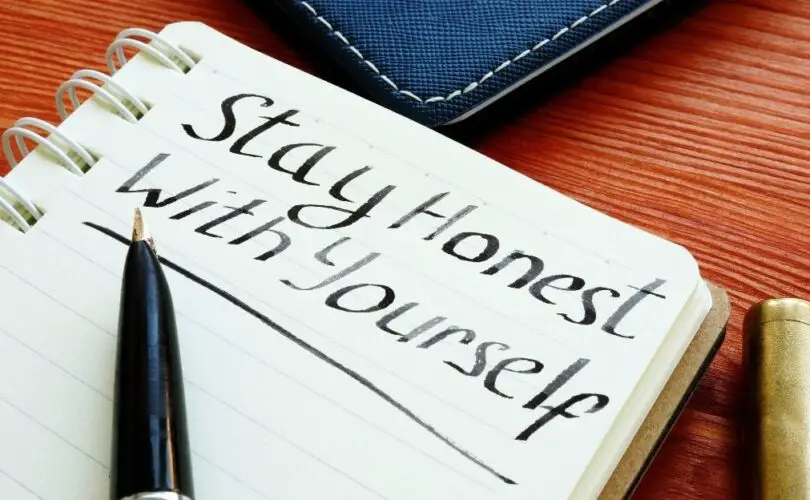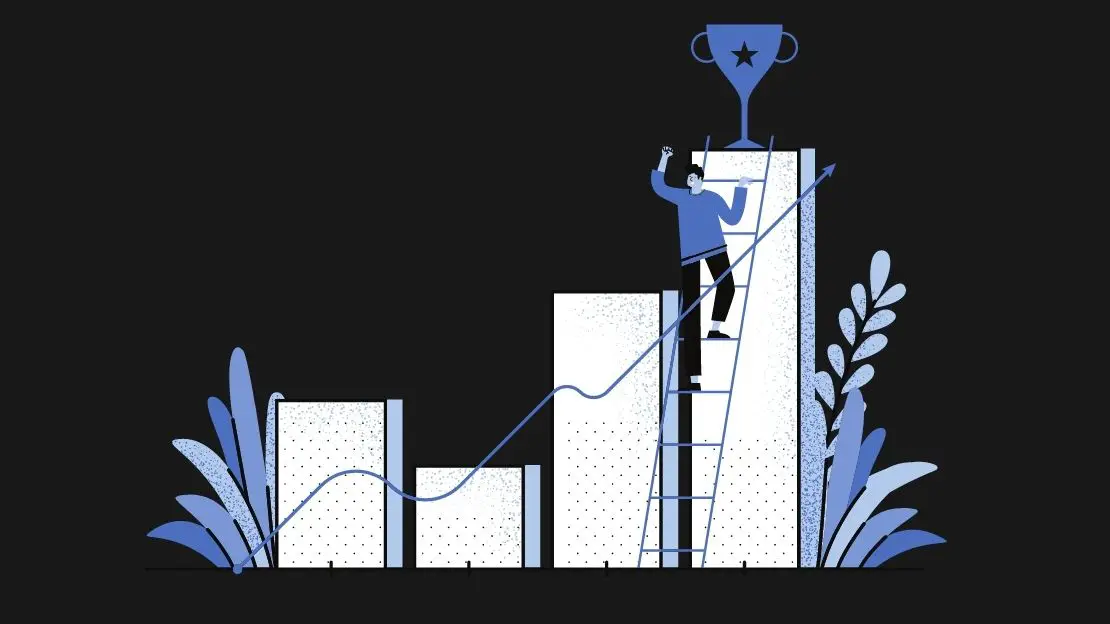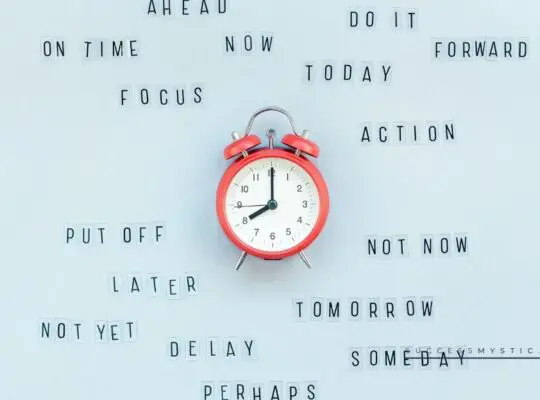Many times, it’s easier to pretend to like (or dislike) something for the sake of being accepted by your peers. But all your likes and dislikes, beliefs, and opinions are parts that make up your entire YOU.
It takes guts to come face to face with your true self. Being true to yourself means looking at the good as well as the bad. It means that you have to realize you can’t be perfect and great at everything. Others will be better than you at certain things. At the same time, there are numerous things that you do better than almost anyone living on this planet. That’s the beauty of life.
But if you’re not honest with yourself, it can be hard rewarding yourself for all the special things you do. It can be doubly hard to appreciate the effort others put in, as well.
Here are four consequences of not being honest with yourself.
1| You Allow Yourself to Live in Denial
As a child, you observe those around you, especially those closest to you. You come to certain conclusions and opinions about who you are as an individual.
The nod of support you get from your dad registers just as strongly as the reproachful look your teacher gives you. They become embedded in your subconscious and grow with you as you move from one stage in your life to the next.
These subtle signs can be real demotivators. They become your set of programming codes that you base your entire life around. While this seems harmless when you’re a child, it can get pretty harsh when you’re an adult.
“How?” you ask. According to research, your adult brain is programmed to steer clear of any action that can elicit negative emotions. These are probably a result of something that someone said to you or did that have a dismissive effect on you.
So, we deflect our true inner emotions and truths as a way of avoiding regret, pain, and internal struggles. One example is an alcoholic who insists they don’t have a problem. Another example could be a cancer patient who can’t face the reality of the distressing news.
Some forms of self-deception include:
- Emotional reasoning
- Denial
- Repression
- Projection
- Rationalization
- Distortion
- Humor
2| You Lose Faith in Your Abilities
Trust is quite fragile. Once you lose trust in your ability to do something, something inside you breaks. It can take a long time to put the pieces back together.
It’s not just a cliché, we promise. These claims are based on scientific facts and proofs.
These broken pieces turn into self-doubt and hesitancy. You’re not sure of what you want or what goals you want to achieve.
Dr. Racine Henry, Ph.D., LMFT says, “When you’re not honest with yourself, you can start to think less of yourself…[which] eventually causes you to second guess the kind of person you are.”
The next thing that happens is that you begin to doubt that you even deserve anything good. This level of uncertainty is dangerous to your self-esteem. It also affects your relationship with colleagues, family, and friends.
3| You Get Caught in an Endless Web of Lies
Each lie you tell yourself, you’re digging a hole that gets wider and wider. It gets harder to remember the truths from the deceits. So, you tell yourself a couple of more lies to complete the first one you told yourself.
This is what experts call an ‘ethical slippery slope.’ It can be devastating to your confidence and self-worth. What’s even more dangerous is that it wears you out emotionally and your insecurities grow. This ultimately leads to stress, anxiety, and even depression.
Another negative consequence of being caught in your lies is that you alienate yourself from friends and family. Then, after a while, you begin alienating yourself from your true self.
Your web of lives will also be a constant impediment that gets in the way of any healthy, stable relationship. Soon, you start to feel isolated and completely on your own.
4| You Let the Lies Take a Toll on Your Health
At the heart of it, lying is another word for covering something up. That something is the truth. It could be the truth about the state of your relationship or your health.
Whatever it is, lying about it will cause more emotional and physical problems than being honest.
Some of these health issues include:
- Anxiety
- Depression
- Insomnia
- Digestive problems
- Lack of focus and concentration
- Elevated levels of blood pressure
The Takeaway
As you’ve seen, the four consequences of not being honest with yourself are harsh. Being truthful requires courage, patience, and empathy. It’s not always the easiest path to take, but it’s the best policy. Honesty should be unwavering no matter where you are or who you’re with.
Focusing on the real issue can be scary. But it can help you regain some balance and composure in your life.
As a result, your confidence gets a nice boost. Then, you get clarity of thought, which, in turn, allows you to set up realistic goals you want to achieve.
‘Know thyself’ could be two of the easiest words to say. Yet, they’re probably the hardest to put into practice. It rang true when it was hanging over the Apollo temple at Delphi, and it still rings true to this day.







